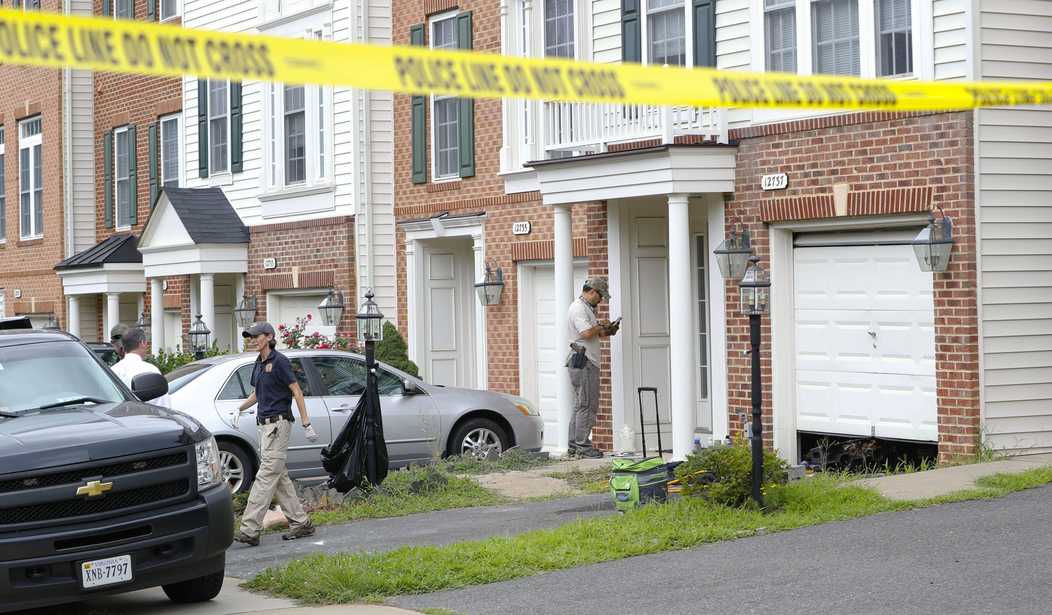Gov. Jerry Brown (D-Calif.) said the White House’s recent Nuclear Security Summit does not mean the Obama administration and the other nations involved have a nuclear security plan.
Brown outlined a nightmare scenario where a nuclear attack on U.S. soil could “kill the president and the vice president” and “blow up half of the Congress,” which he said would ruin America.
“Is there an America left as we know it since the founding of the Republic? Probably not. So is that a risk? One in 100, 1 in 1,000? Whatever it is, that risk is too high not to do every single thing possible to avert it,” he said at an Atlantic Council event with former Defense Secretary Bill Perry.
Despite this threat, Brown said the White House does not have a plan to prevent such a catastrophic event. Dignitaries from more than 56 nations and different organizations participated in the summit. Brown vowed to “keep bugging them as long as I’m around.”
“Are we doing everything possible to avert it? No. We are engaged in a lot of other activities that are blocking the focus on this existential threat that we know, at least we believe, Bill Perry – this is real, and yet if you look through your paper today you’re not going to see it’s too real,” Brown said.
“There’s a summit. That’s good, but that doesn’t mean they even have a plan to deal with all the nuclear material that is loose in the world. Because they don’t, and if they don’t, is that important to do something about it? I would say yes, so hopefully we get a response here because it’s real,” he added.
Brown said history has taught us that a lot of “great educated leaders” and “great moral people do really stupid things.”
“Just take World War I, you had a lot of good Christian European leaders who probably had great educations, and they really screwed up things in ways that we are still paying for,” he said. “We ought to know a human being can do some pretty horrific things, and now with nuclear it’s unimaginably more catastrophic.”
Perry, who served in the Clinton administration, said he’s most concerned about the threat ISIS poses because the terrorist group is larger than al-Qaeda, better organized and better funded.
“So the probability of them being able to get the fissile material is much higher than it was for al-Qaeda,” said Perry, professor emeritus at Stanford University. “I do not see this as a remote possibility at all. We’ve got the people who want to do it. They’ve got the resources to do it. It’s just a matter of time until they succeed in getting enough fissile material.”
Brown challenged presidential candidates from both parties to mention “nuclear danger” more often. He said the Atlantic Council event covered more about the nuclear threats facing the U.S. than all of the presidential debates.
“That’s an area where there could be some initiative,” he said.









Join the conversation as a VIP Member